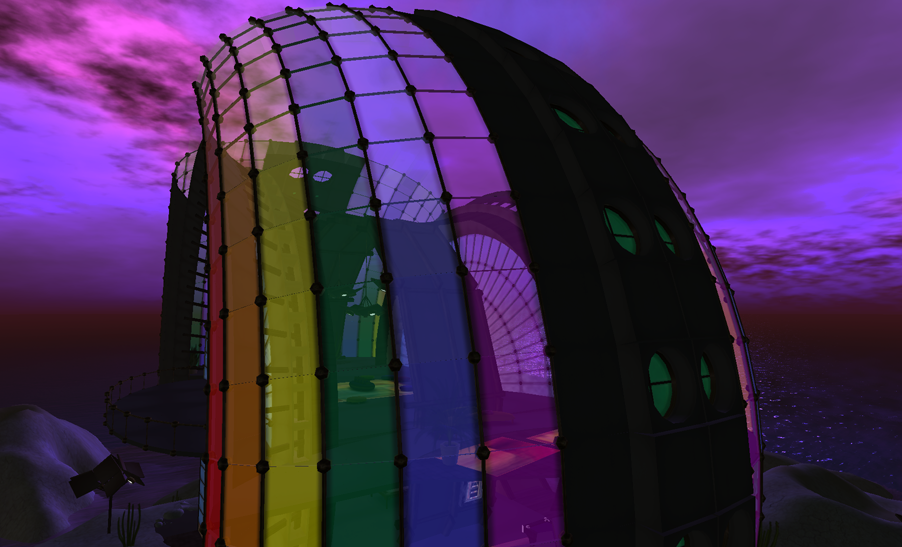
A couple of articles have cropped up in the last week or so, mostly stemming from this one about a person who didn’t read anything from white authors for a year. You can see similar themes being addressed with, for example, the #weneeddiversebooks campaign. K.T. Bradford issued a straight-up challenge to skip out on books by straight, white, male authors for twelve months. She even offers a reading list to get people started.
Then I see things like this misguided Business Insider article which tries to suggest seventeen SF books “every real sci-fi fan should read” and can’t even come up with one book by a female author. Plus, it includes Asimov twice.
I decided to do some datamining to understand how insular my own reading world may be. The results were perhaps predictable (in part because I read a lot of “mainstream” books), but disheartening. Of the 66 books I checked—and note that I omitted graphic novels and anthologies because of their multi-creator aspects—I came up with these numbers:
| Orientation | Cultural Background | Gender | |||
|---|---|---|---|---|---|
| Straight: | 39 | White: | 60 | Male: | 42 |
| LGBT: | 2 | Non-White: | 5 | Female: | 24 |
| Unknown: | 25 | Unknown: | 1 | Unknown: | 0 |
Now there is some margin of error there. I didn’t research very much so this was largely based on my existing knowledge of the authors. But I think the takeaway is pretty clear: there’s not a lot of diversity happening here. Particularly problematic is the extreme whiteness of the authors represented here, which is exactly the sort of thing #weneeddiversebooks and others are talking about.
So now that I know, I’ll be making a much more concerted effort to diversify my literature. I think for the remainder of the year I will eschew a book if it doesn’t fit into at least one of the non-white, non-straight, non-male categories above. It’s a small step, but it’s a start.

